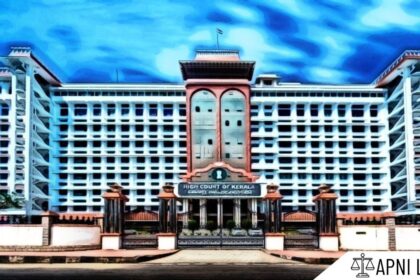Code
The bond or bail bond to be executed by any such person shall bind him to keep
the peace or to be of good behaviour, as the case may be, and in the latter case the commission
or attempt to commit, or the abetment of, any offence punishable with imprisonment, wherever
it may be committed, is a breach of the bond or bail bond.
Explanation:
This section empowers a Magistrate to impose a bond on individuals deemed to be a threat to public order. The bond requires the individual to maintain peace and good behaviour, encompassing refraining from committing any offence punishable with imprisonment, regardless of the location of the offence.
Illustration:
Imagine a person known for repeatedly engaging in violent altercations and disrupting public gatherings. The Magistrate, after assessing the evidence, might require the individual to execute a bond for peace and good behaviour. If this individual subsequently gets involved in a fight or commits an assault in another state, it would be considered a breach of the bond.
Common Questions and Answers:
- What is the purpose of a bond for peace and good behaviour?
The primary purpose is to prevent individuals deemed likely to commit offences from doing so, ensuring public safety and maintaining order.
- Who can impose a bond for peace and good behaviour?
Only a competent Magistrate, after conducting a proper inquiry and finding sufficient grounds, can impose such a bond.
- . How long does the bond remain in effect?
The duration of the bond is determined by the Magistrate, based on the specific circumstances of the case.
- . What happens if a person breaches the bond?
Breaching the bond is a serious offence, and the Magistrate can take appropriate action, including imprisonment, depending on the nature of the breach.








